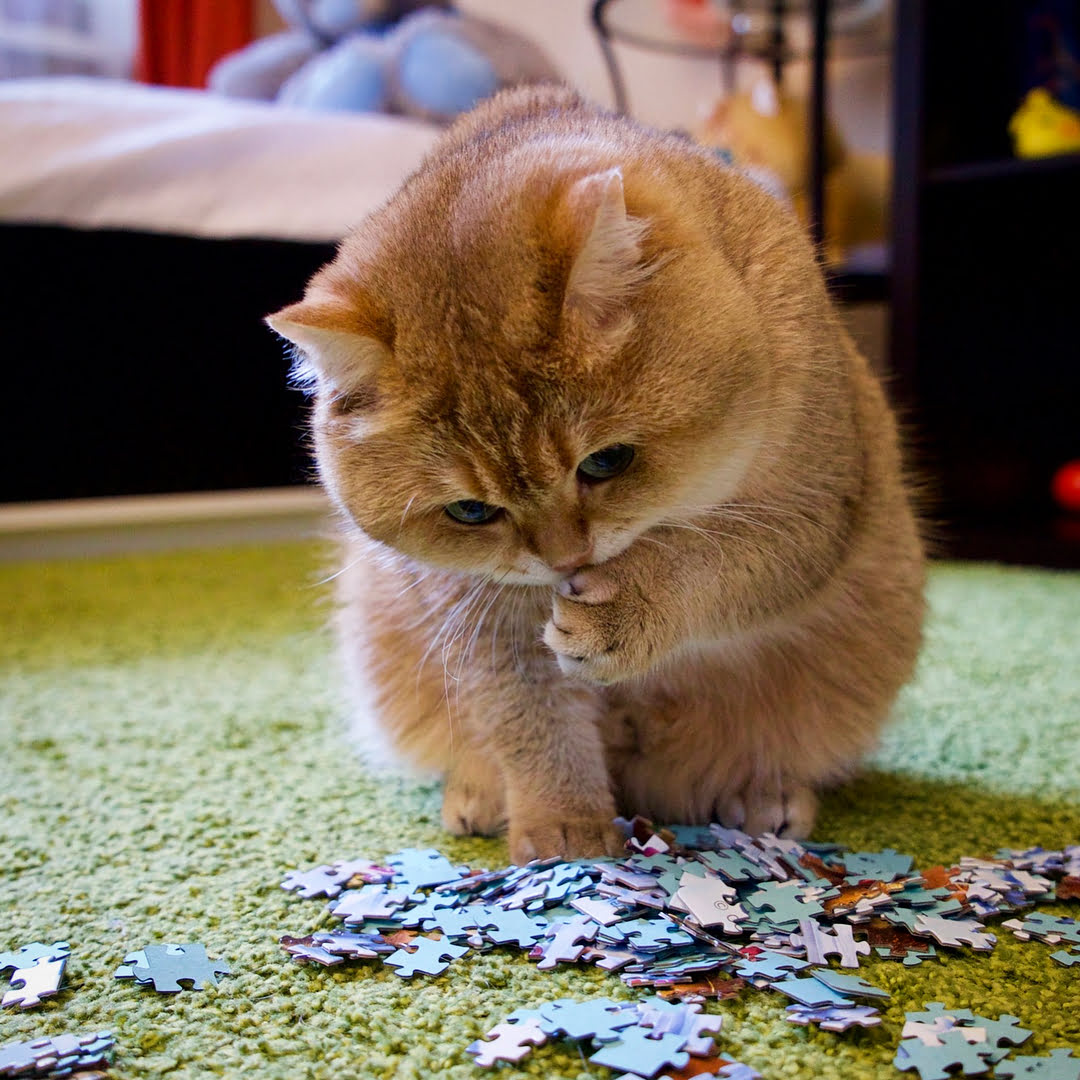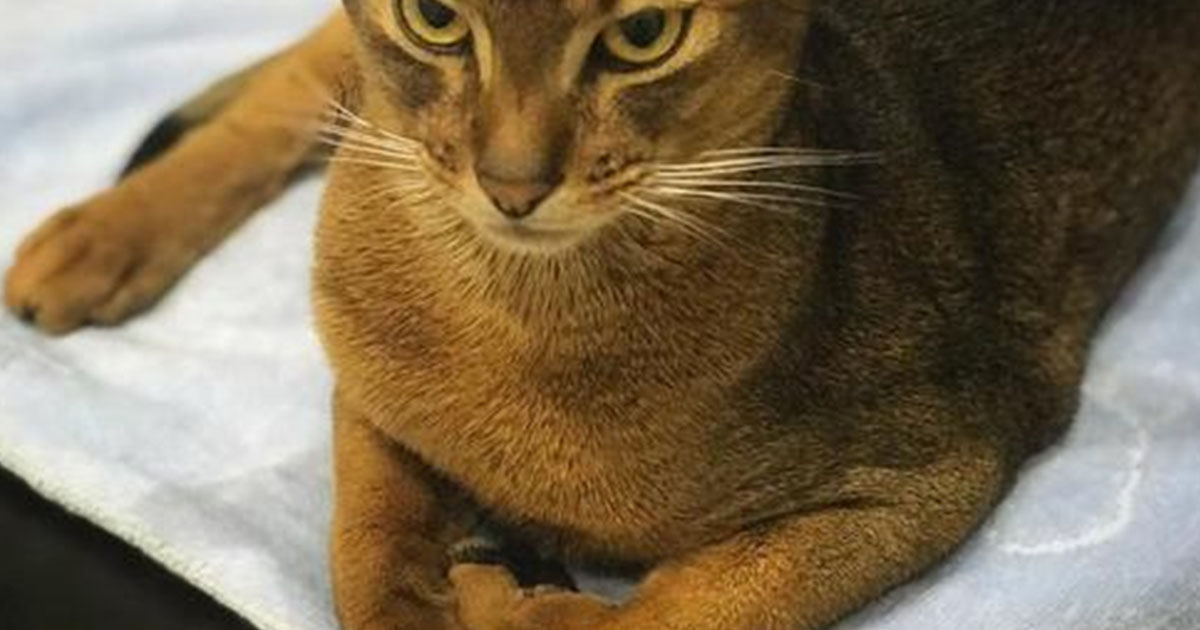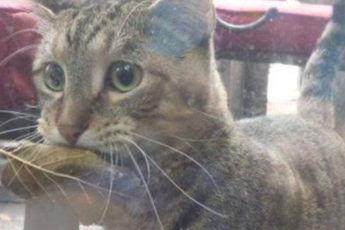You finally got yourself a long-awaited kitty and anticipate the many pleasures of communicating with it. However, suddenly you come across a situation where the animal does not react to your actions in the way you would like. And this is normal! We have tried to explain in this article why this happens.

What to do if the cat doesn’t behave at all the way you expected?
To avoid unnecessary conflicts and frustrations, it is necessary to know the cat’s psychology on both sides. Very often we can observe cat owners chasing their running away pet around the apartment with a gesticulation or, wishing to show it to the guests, letting it loose on their hands, believing that they are playing with their pet and that it gets a good portion of food and affection. This is a misconception.

The first night in the new home will be the hardest for the kitten.
Surrounded by strange smells, sight impressions and sounds, he will be searching for his mother and his brothers and sisters. Calm him down by taking him in your arms, stroking him gently and talking to him affectionately. This is the moment when you gain his trust and lay the foundation for your relationship, on which the cat’s life in the house will be built from now on.
Don’t make your cat anxious.
Cats really don’t like it when the house is very noisy. Stress can affect digestion and cause nervous disorders. After all, just like in humans, many illnesses in cats are related specifically to fears, stress, and misunderstanding on the part of the owner. Also, do not allow stressful situations to happen to yourself. Cats are very sensitive to their owner’s condition and are worried about him. A home with peace, love and understanding is healthy for everyone, people and animals alike.
Pay attention to your pet

Often cat owners due to lack of time practically do not pay attention to their pets, believing that a paper “mouse” or a balloon will replace the direct communication with the owner. Wrong!
You have to talk to the cat! Preferably, caressing, languid voice, and you can say anything.
If you accompany your conversation with caresses, light stroking, scratching the neck, you know that for a fluffy pet it’s the most beautiful moments of the day!
Don’t deprive your pets of the opportunity to “hunt
Very often owners overreact to their pet’s desire to “hunt” (for a ball of thread, a sun bunny, the owner’s nose, etc.) and begin to “wean” the pet from what they think is a bad habit. This is wrong! Hunting is a natural activity for cats. A cooped up cat chases and jumps for moving toys. Cats will always manage to find plenty of objects to follow, sneak or chase, thereby exercising their muscles.

Never frighten your cats.
Sometimes if a cat scratches a person, he begins to “educate” it, shouting at it, whipping its face. This is not the way to act. Cats are very fearful and their aggressive reactions are more defensive. Gradually, such manifestations are fixed, become a habit, and as a result, the animal can react angrily to any minor irritant. The state of fear, anxiety can be eliminated with affection, a kind attitude toward your pet.
What should you learn?

Without love, kindness, patience and observation, you won’t get a true understanding between you and your pets. Just think about what your cat says and you’ll soon learn its basic vocabulary.
An owner who takes the time and effort to listen and talk to his cat will soon learn to pick up on the different tones of the sounds they make, and therefore the meaning of what they are “talking” about. However, it takes time to achieve this understanding: you must not only listen to what they say to you, but also respond if you expect to have a two-way communication.





















